Description
“Meadowbank’s vineyard is one of the most important in Tasmanian wine; a whole host of the best quality and most interesting Tasmanian wine brands source fruit from it. The label and winery itself has had a bit of a hiatus but renowned winemaker Peter Dredge has teamed up with the Ellis family to kick things back into life.” Campbell Mattinson
The winemaking fortunes of the Meadowbank label have, as Mike Bennie puts it in The Wine Front, “ebbed and flowed” over the years. In late 2015, all that changed with the arrival of Peter Dredge. The quality of the Ellis family’s Derwent Valley vineyard has never been in doubt. Planted in 1974 at Glenora, near the top end of the Derwent River, Gerald Ellis, with his wife Sue, purchased the property in 1976. Since that time the couple have overseen four major vineyard expansions, the most recent a 10-hectare planting of Pinot Noir, Chardonnay, Syrah and Gamay in 2016. Moderated by the river, Meadowbank’s vines are rooted in loose sand and sandstone overlying dark brown, coffee rock, rich in iron oxides and organic matter. It’s what our gumbooted wine grower friends might call “quality dirt”. It’s a terroir that has developed an impressive fan base, ranging from Kate Hill, Domaine Simha, Glaetzer Dixon and Ministry of Clouds, to larger producers such as House of Arras and Bay of Fires.
Peter Dredge’s relationship with Meadowbank goes back to 2010 when he was the man at Bay of Fires/Arras. At that time Accolade leased a walloping 32 of Meadowbank’s then 42 hectares. Five years later, during the 2015 vintage after Dredge had left Accolade to downsize, (establishing his own Dr Edge wine label and his consulting company) he took a call from Gerald Ellis. Ellis wanted to resuscitate the historic Meadowbank label and he wisely wanted Dredge to run the show as a part owner/winemaker. The plan was to utilise the best vines in the vineyard and to do something special. It was an offer that was impossible for Dredge to pass up.
When the news of the partnership broke in 2016, Campbell Mattinson wrote, “Peter Dredge at Meadowbank? Now that should be interesting.” He wasn’t wrong. Regardless of what has come before, you can expect something completely different from this point forward. Peter Dredge brings an enormous level of industry respect with him into the relationship. This is not misplaced. His first set of Meadowbank wines were seriously impressive and helped him to scoop the 2017 Young Gun of Wine People’s Choice Award. They have also received a range of glowing reviews from the critics.
Clearly, Dr Edge (the nickname given to him at Petaluma) has wasted no time in getting down to business, as Dredge and the Ellis family (Gerald and Sue Ellis, their daughter Mardi and her husband Alex Deane) begin to make significant changes in the vineyard. While the new regime’s first vintages are being made, under Dredge’s sole control, at the Moorilla Winery at MONA, the long-term aim is to restore the old winemaking facility at Meadowbank – once active in the 80s and 90s. Regarding the fruit source – specific parcels for the Meadowbank wines have already been identified and allocated. These particular vines are now managed without herbicides and the plan is to explore full organics – something extremely rare in Tassie and an evolution that can only result in even higher quality. And all the fruit is hand-picked.
About this wine: Meadowbank’s Riesling’s got form. “Redefines citrus,” read Halliday’s review for the 2023, a 98-point wine that sat high on his Top 100 list for the year. You can put the 2024 on the same pedestal. Meadowbank’s Riesling vines are spread across three parcels on the Derwent Valley vineyard, planted in 1974, 2005 and 2015. The block planted in 1974 predates the establishment of Meadowbank, and the clone is unknown. The 2005 block, which accounts for about two-thirds of the blend, is planted to Geisenheim 198, a clone susceptible to botrytis—something winemaker Peter Dredge lets run in most years (provided conditions are dry). He advocates for the botrytis influence to add intensity and weight to his Riesling and points to the practice used widely in Germany—he’s in a cool climate, using a German clone. What’s good for the goose…
All blocks were handpicked. Half the fruit fermented in stainless steel tanks and was handled oxidatively, with a touch of residual sugar remaining and some integration of clean botrytis. The fruit from the other plantings fermented in old oak barriques to round out the texture. Both parcels matured on their lees before blending and bottling without fining. As is usually the case with this wine, run, don’t walk.
Trophy for ‘Best 2024 Vintage Wine’ at the 2025 Tasmanian Wine Show
From the winemaker about this vintage: “2021 is a vintage to celebrate, in fact we’re calling it as one of our best ever! Low grape yields, intense fruit concentration and a steady ripening period have produced something really special here.”
96 points, Dave Brooks for Halliday Wine Companion“An Upper Derwent Valley riesling made by Peter Dredge that shows all the cut and crystalline focus that you’d expect from this top Tasmanian producer. Lime, grapefruit and green apple with hints of crushed riverstone, citrus blossom, clover, sea spray, lemon zest and lighter fennel at the top, and lemongrass further back. High-tensile stuff on the palate; it’s all about pure, taut citrus and apple fruits and a vivid, brisk mineral cadence. Finishes long and moreish.”
94 points, Gary Walsh, The Wine Front “Always a different style of Riesling to many Australian offerings, though perhaps it shares a sort of kinship with the Riesling from Mitchell. Apple and citrus, a little spice and lime zest, a slight petrol character mingles with some floral perfume. It’s a lively wine, though it’s kind of fleshy too with chalky texture, some saline and savoury flavours in with apple and lime, a subtle honeyed sweetness, and plenty of grip on a finish of good length. Complex and different.”
RRP $49 Our Special Price $38.50 when you buy 6 of this wine

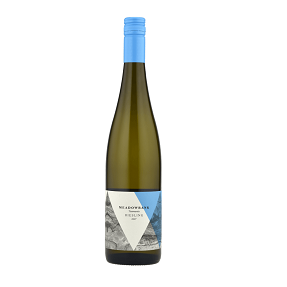
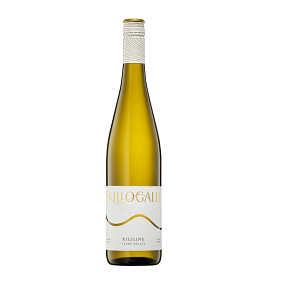
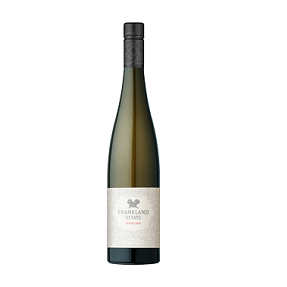
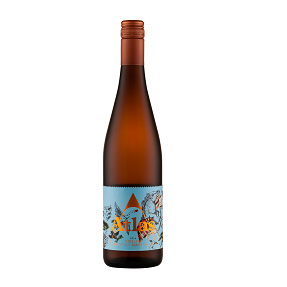
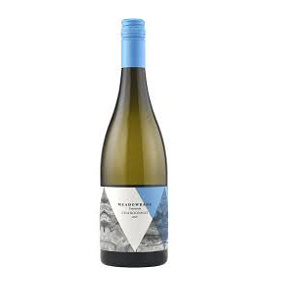
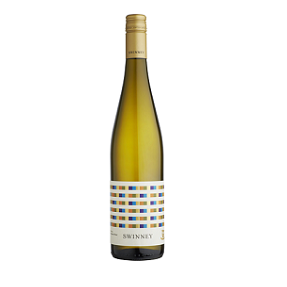

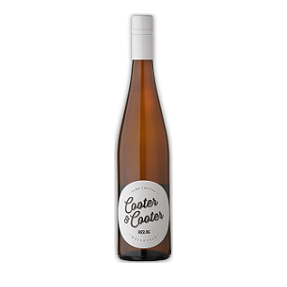
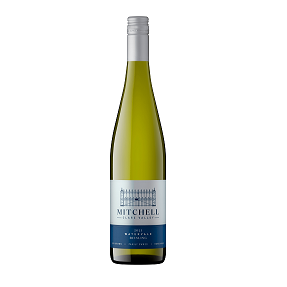

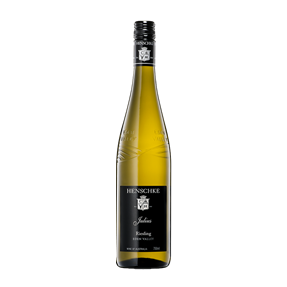

Reviews
There are no reviews yet.